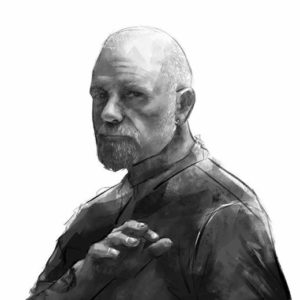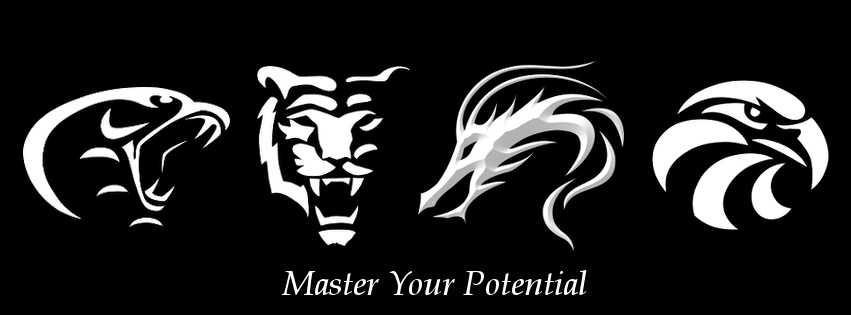I have to let go of what I am, if ever I am to become what I choose to be.
Let me unpack this a bit. I am making a number of significant implications in this statement.
The obvious message is that we are not destined / doomed to be the person we currently are, but that we can recreate ourselves. This is not only a key theme of the great existentialist thinkers but is evident in the work of many of the early Greek thinkers (Eg Plato).
It is common in some social systems and some religions to consider oneself a fixed socially static being. The thought is that God has made me this way, or the blood I’ve inherited from my ancestors, and I should be content, accepting and be the best fit I can be in my place. This is of course an idea that suits those who chance has placed at the top of the social structure. If you are in the highest caste you like it to be rigid. If you are born rich or with a title, you must be fit for that position. Consider the many stories in which the lowly groom saves the princess or wins her favour, possibly saving the kingdom, when the final twist of the story is that it turns out that the groom is actually a long lost aristocratic son, dispossessed by some common bureaucrat. Consider that sweet hymn we learned at school, “All things bright and beautiful” did anyone notice the line “the king is in his castle, the poor man at his gate, the Lord has made them high and lowly and ordered their estate”. Such sentiments have helped maintain the privilege of the few for centuries. What about upbringing? Am I only the result of the sum total of my life’s experiences and my reactions to those? But whether by Devine will or genetics or the shaping of nurture, is it true that I am stuck with my current state?
Am I stuck with who I am? Is it the case that the best I can do is to learn who I am and be content with that. Well if so, it does take the pressure off me to be better. I can’t really be to blame for anything either. Every character weakness or fluke of birth, I can excuse myself for. I get my temper from my father, my laziness from my mother, my lack of discipline from their parenting and my right to sit in the House of Lords from God. It’s not my fault, it’s all just the way it is.
But what if I choose to be different? Is it possible for me to learn a different behaviour, habit, attitude or tendency? Could I for example learn a technique to control my temper? Could that new behaviour become a habit and my norm until the new behaviour is assimilated into who I have become? Could I imagine the person I wish to be, and find a way to become him? In short, take the responsibility for the creative process and reinvent me. Not simply pretending to be something different, but actually becoming different. If I pretend to be a gardener, by doing some gardening every day and I keep up the pretence for a year or so, surely at some point the claim that “I’m not really a gardener, I’m just pretending” is meaningless. Imagine how successful such a plea would be in court, “oh I’m not a burglar, I’ve just been pretending to be a burglar, by burgling other peoples’ houses”.
The other implication is that we need to let go of who we are. The problem is that we become attached to our identity, no matter how much we don’t like it. It takes a major act of the will to simply let go. When I gave up smoking, one of the hardest things was letting go of my previous identity. I was a smoker. And for years, I was a smoker who no longer smoked. It was who I was, part of my identity and as such it was precious to me. Ironically, the more society in general disapproved of smoking, the more pressure I felt to give up, the more I resisted. I am one of those people who when feeling attacked in any way, will react by bringing up my guard and come out of my corner fighting. Even an element to my character that was intrinsically bad, like smoking, was still part of me and therefore I protected and hung onto it.
I had to learn to identify myself with the person I was becoming by my current choice, not the person I had become by that complex combination of circumstances that was my history.
So “I have to let go of what I am, if ever I am to become what I choose to be.”
The letting go part, is often the hardest part of that equation.

Introduction to Meditation
Sifu Mark Ringer explains the benefits of meditation. What it is, why to do it and how to do it.








